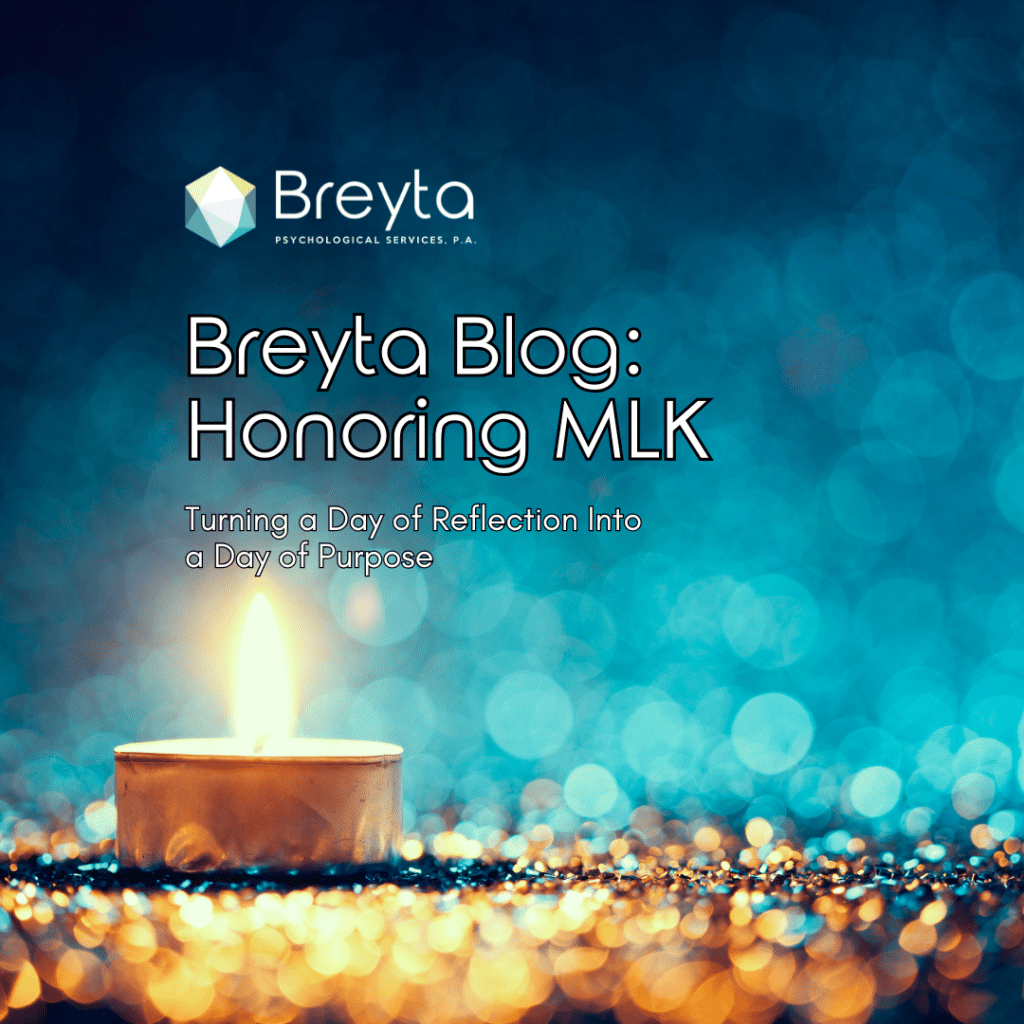A trauma-informed approach to healing and finding peace after spiritual abuse and religious trauma.
by Vanessa Roddenberry, Ph.D., HSP-P
Religion, much like other frameworks that guide us in life, can offer a sense of meaning, belonging, and connection. Whether it’s through community, reflection, or spiritual practices, many people find deep personal value in these structures. However, for some, religious environments can become spaces where control, fear, and shame take root. This is what we call religious trauma, an experience that can deeply affect one’s identity, relationships, and overall sense of self.
What is Religious Trauma?
Religious trauma, as defined by psychologist Marlene Winell, PhD, who coined the term “Religious Trauma Syndrome (RTS),” refers to the psychological, emotional, and spiritual damage that occurs as a result of harmful religious experiences. It often stems from authoritarian or high-control religious environments that use fear, shame, and punishment to enforce strict adherence to doctrine. However, it’s important to acknowledge that religious trauma can also occur in more flexible or less authoritarian settings. Trauma may arise when abuse is intertwined with religious beliefs or practices, or when the perpetrator is affiliated with a religious institution. In these cases, the sense of betrayal and confusion can be equally devastating, as individuals grapple with the dissonance between their spiritual beliefs and the harm they experienced.
At Breyta, we understand that trauma doesn’t arise solely from external events but from how these experiences interact with our emotions, thoughts, and nervous systems. When individuals experience trauma in a religious context, it can be particularly isolating, as faith is often deeply intertwined with one’s worldview and sense of purpose. The impact ripples through every aspect of a person’s life, from their inner sense of self to their ability to connect with others, sometimes leading to PTSD or complex trauma (CPTSD).
The Impact on Identity and Self-Concept
In high-control religious environments, individuals often feel that their value is contingent on strict adherence to doctrine or behaviors. Over time, this can erode their sense of self, leading to feelings of unworthiness, shame, or confusion about who they are outside of the system. Many people who have experienced religious trauma report feeling disconnected from their authentic selves, struggling to make decisions or trust their own instincts once they leave these environments. This is where trauma therapy and PTSD treatment can make a significant difference in recovery.
This loss of identity can manifest in various ways—some may feel deeply ashamed of their personal desires or beliefs, particularly if they were told these were sinful or wrong. LGBTQ+ individuals, in particular, may find themselves navigating not just religious trauma but also the compounded pain of being marginalized within their faith community.
How Worldview and Relationships Are Affected
Religious trauma often leads to a shift in how one views the world and their relationships. Many people raised in authoritarian religious settings are taught to see the world in all-or-nothing terms, where deviation from the rules equates to moral failure or punishment. This worldview can lead to perfectionism and anxiety, as individuals may live in constant fear of falling short of the expectations set by their faith.
Even in less rigid religious environments, the impact of trauma can be profound if the abuser was connected to the church or if religious teachings were used to justify harm. The intersection of abuse and spirituality can create deep confusion, making it difficult for individuals to reconcile their faith with their experiences. Many who experience this trauma also find it challenging to feel connected to anything at all—whether that be a faith, nature, or humanity. This disconnection can make it difficult to develop a new sense of spirituality or to trust any structure of meaning, religious or secular.
Healing and Reclaiming Your Sense of Self
Healing from religious trauma is possible, though it requires time, patience, and compassionate support. At Breyta, our goal is to help individuals explore what healing means for them—whether it involves redefining their relationship with faith or letting go of belief systems that have caused harm. The process is not about moving away from religion entirely unless that’s what feels right for you. Instead, it’s about reclaiming your sense of self, your autonomy, and your ability to make choices that align with your values.
For some, this process may involve finding ways to reconnect with spirituality in a way that feels nurturing and supportive. For others, it may mean developing a secular sense of spirituality or meaning, where connection to nature, humanity, or the cosmos takes on a deeper role. Psychological research shows that secular spiritual practices, such as mindfulness, meditation, and community involvement, can improve emotional resilience, reduce stress, and help foster a sense of belonging. Whether spiritual or secular, the key is finding a path that feels authentic and safe for you.
Our trauma-informed therapists are here to help you navigate this journey. We understand that religious trauma is complex, and we approach every client with the understanding that healing looks different for everyone. Together, we can work toward restoring your sense of identity, cultivating healthy relationships, and finding peace—whether that involves spirituality or a new way of being in the world.
You Deserve a Safe Space to Heal
If you’ve experienced religious trauma, you don’t have to face it alone. At Breyta, we offer a supportive and non-judgmental space to help you heal at your own pace. Our evidence-based approaches—like trauma therapy and counseling for religious trauma—are rooted in compassion and understanding, allowing you to explore your past experiences while finding a path toward a more fulfilling future.
Healing is possible, and we are here to walk alongside you on that journey. You deserve to live a life that feels authentic, meaningful, and free from the wounds of the past.
If you’re ready to address the effects of religious trauma in your life, contact us at (919) 245-7791 x5 or [email protected]. We’re here to help you take that first step toward healing with therapists offering in-person care or convenient telehealth options.





